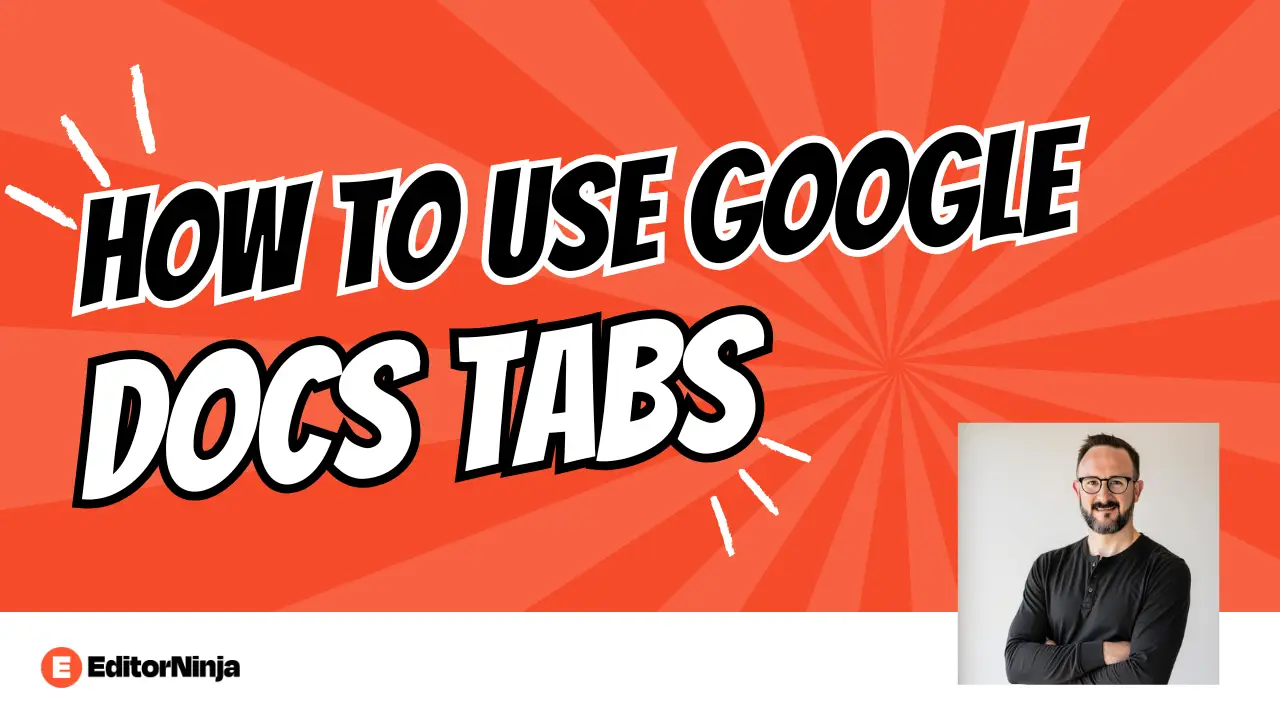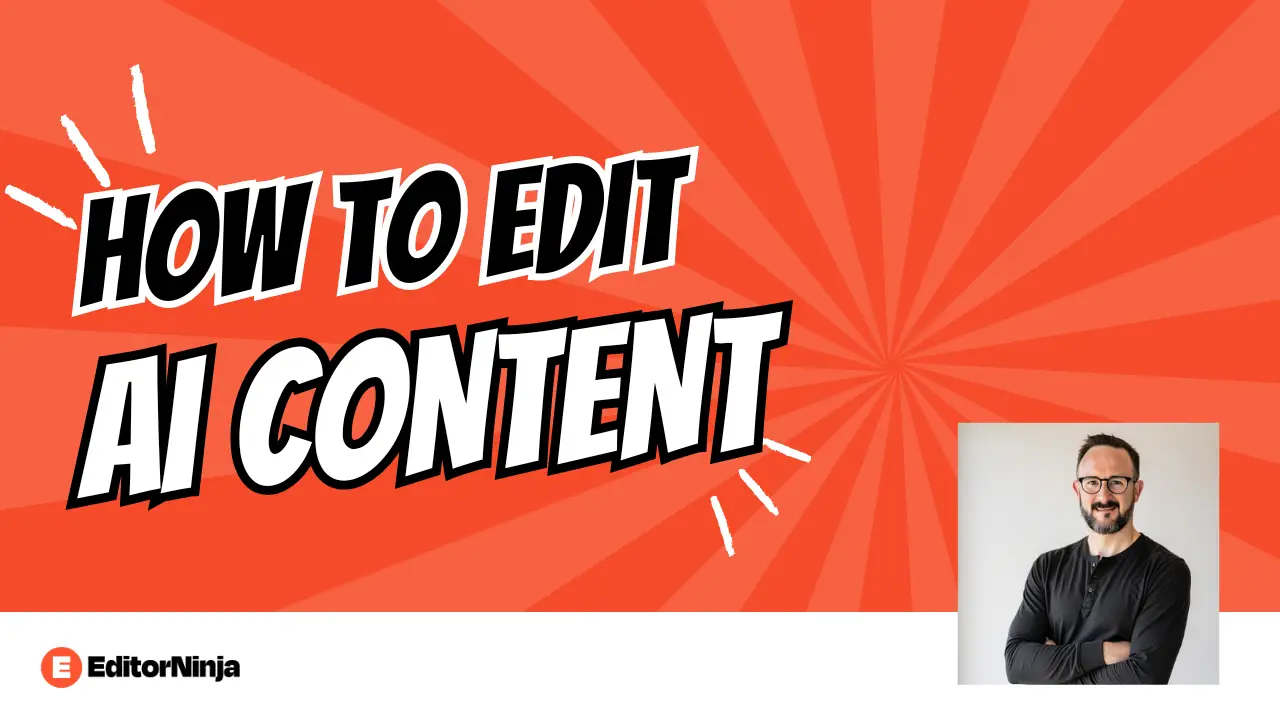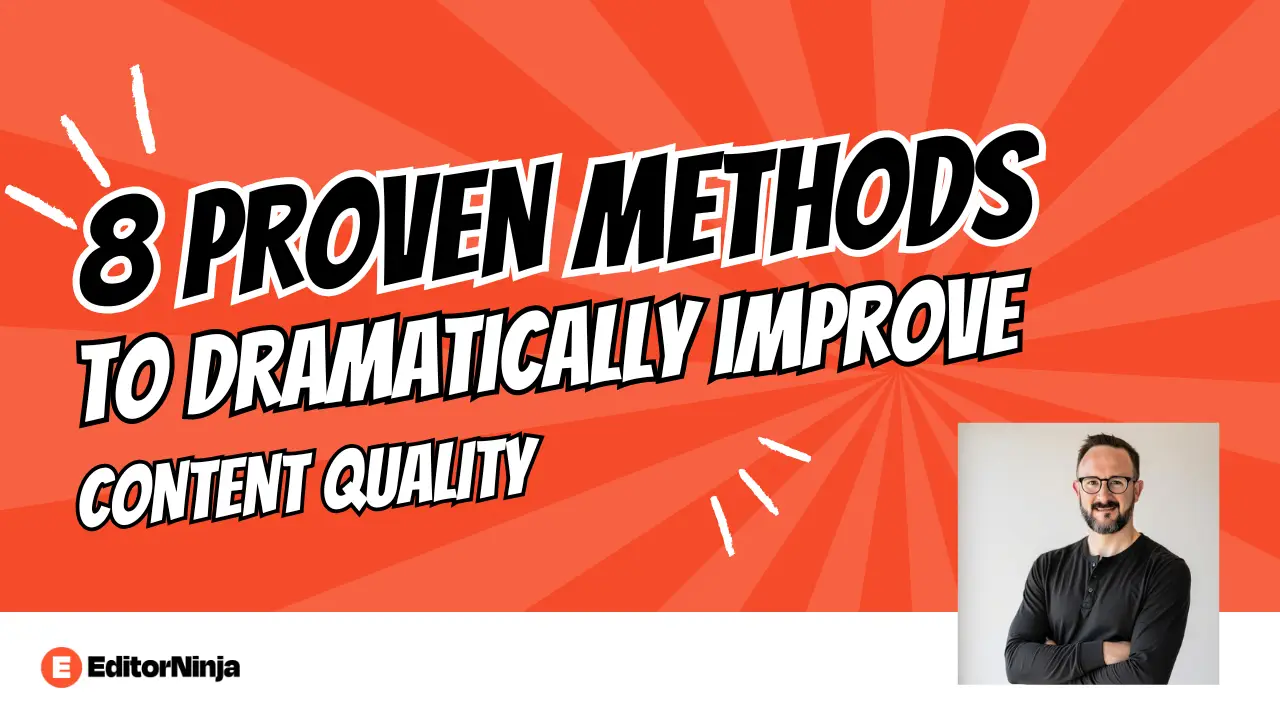A Video-First Content Repurposing Strategy That Works
Content creation can feel overwhelming when you’re staring at empty calendars across multiple platforms. You need fresh posts for LinkedIn, Instagram stories that actually engage, YouTube shorts that drive traffic, and blog articles that rank. And they all need to maintain consistent messaging and quality. Many content teams approach this backwards. They create individual pieces … Read more




















